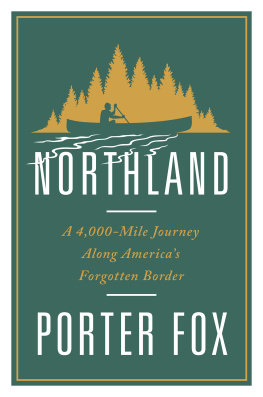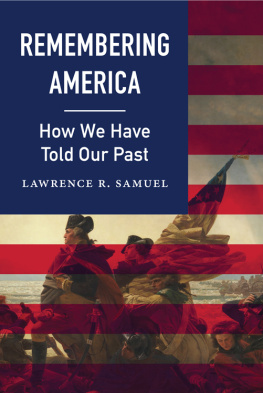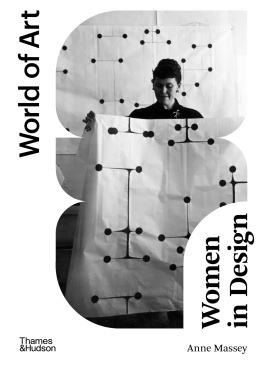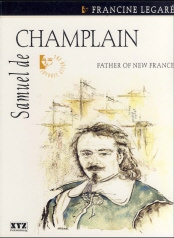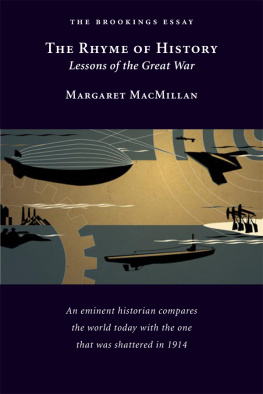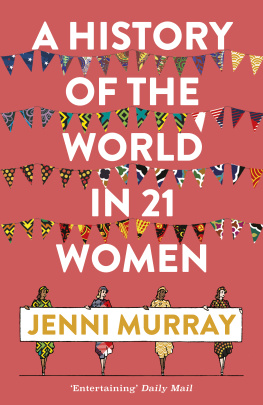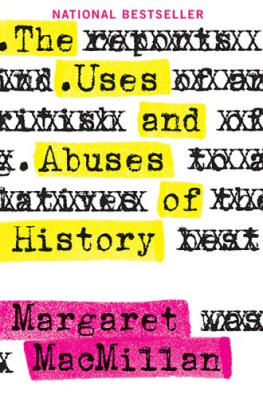The Massey Lectures are co-sponsored by CBC Radio, House of Anansi Press, and Massey College in the University of Toronto. The series was created in honour of the Right Honourable Vincent Massey, former Governor General of Canada, and was inaugurated in 1961 to provide a forum on radio where major contemporary thinkers could address important issues of our time.
This book comprises the 2015 Massey Lectures, Historys People: Personalities and the Past, broadcast in November 2015 as part of CBC Radios Ideas series. The producer of the series was Philip Coulter; the executive producer was Greg Kelly.
Margaret MacMillan is the author of the international bestsellers The War That Ended Peace , Nixon In China , and Paris 1919: Six Months That Changed the World , which won the Governor Generals Literary Award and the Samuel Johnson Prize. She is also the author of The Uses and Abuses of History . The past provost of Trinity College at the University of Toronto, she is now the warden of St. Antonys College, a professor of international history at Oxford University, and a professor of history at the University of Toronto.
ALSO BY THE AUTHOR
Women of the Raj: The Mothers, Wives, and Daughters of the British Empire in India
Paris 1919:
Six Months That Changed the World
Nixon in China:
The Week That Changed the World
The Uses and Abuses of History
Extraordinary Canadians:
Stephen Leacock
The War That Ended Peace:
The Road to 1914
HISTORYS PEOPLE
Personalities and the Past
MARGARET MACMILLAN
Copyright 2015 Margaret MacMillan
and Canadian Broadcasting Corporation
Published in Canada in 2015 and the USA in 2015
by House of Anansi Press Inc.
All rights reserved. No part of this publication may be reproduced or transmitted in any form or by any means, electronic or mechanical, including photocopying, recording, or any information storage and retrieval system, without permission in writing from the publisher.
House of Anansi Press
110 Spadina Avenue, Suite 801
Toronto, ON, M5V 2K4
Tel. 416-363-4343
Fax 416-363-1017
www.houseofanansi.com
Library and Archives Canada Cataloguing in Publication
MacMillan, Margaret, 1943, author
Historys people : personalities and the past / Margaret MacMillan.
(CBC Massey lectures)
Includes bibliographical references and index.
Issued in print and electronic formats.
ISBN 978-1-4870-0005-9 (bound). ISBN 978-1-4870-0007-3 (html)
1. Biography. 2. World history. I. Title. II. Series: CBC Massey
lectures series
CT105.M33 2015 920.02 C2015-904725-0
C2015-904726-9
Library of Congress Control Number: 2015944830
Jacket design: Alysia Shewchuk
We acknowledge for their financial support of our publishing program the Canada Council for the Arts, the Ontario Arts Council, and the Government of Canada through the Canada Book Fund.
To my students at the universities of Ryerson, Toronto, and Oxford, who taught me how to explain history.
CONTENTS
Chapter One:
Persuasion and the Art of Leadership
Chapter Two: Hubris
Chapter Three: Daring
Chapter Four: Curiosity
Chapter Five: Observers
Note on Readings
Sources and Further Reading
Permissions
Acknowledgements
Index
ONE
PERSUASION AND THE
ART OF LEADERSHIP
I LIKE TO THINK of history as an untidy sprawling house. Over the past decades, historians have broadened their scope from political, economic, or intellectual history to include the study of emotions, attitudes, tastes, or prejudices. (And in what I find a rather tiresome trend, historians have also been looking increasingly at themselves; how they created the past.) And in the house of history are those who think in centuries and those who focus on a single moment. Some historians prefer to deal with the great changes, sometimes over millennia, that have taken place in human society. They look at the shift from hunting to agriculture, for example, or the growth of cities; or they count such things as population growth and migrations or economic output. The great French historian Fernand Braudel argued that the true object of historical research was to look beneath the surface of events and discover the longer-term patterns what he called the longue dure . He saw human history as a great slow-moving river, affected in its course more by geography, the environment, or social and economic factors than by such transient or short-lived events he called them froth as politics or wars. While biography cannot explain all, it is perhaps no coincidence that Braudel spent the Second World War in a prisoner-of-war camp in Germany. From that perspective the longue dure must have offered hope that Nazism would disappear like a bad dream as history moved slowly on.
We cannot dismiss the short term so easily. Ideas and sudden shifts in politics, intellectual fashions, or in ideology or religion matter too. Think of the startling growth in the past two decades in fundamentalism in religions as different as Christianity, Hinduism, or Islam. Historians rightly look at key moments which signalled or set in motion great changes, such as the storming of the Bastille, which marked the French Revolution, or the assassination of the archduke in Sarajevo, which led to the outbreak of the First World War. And historians can take an apparently insignificant incident and use it to illuminate an age, as Natalie Zemon Davis did with sixteenth-century France in her telling of the return of Martin Guerre (who came back to claim his wife and property from an imposter).
Nor can we dismiss the role of individuals, whether thinkers, artists, entrepreneurs, or political leaders. If Albert Einstein had not grasped the nature of the atom early in the twentieth century, could the Allies have developed the atomic bomb during the Second World War? Another question, of course, is what Germany might have done if the Nazis had not driven Einstein and many of his fellow physicists into exile so that they offered their services to the Allies. Without the bomb it is almost certain that the Allied war against Japan would have dragged on for another year or more. And what if the world had never developed nuclear weapons at all? In the nineteenth century, with Europe undergoing the massive changes brought by the Industrial Revolution, Karl Marx took many of the political, economic, and social ideas that were circulating and tied them up into a coherent and apparently irrefutable package that not only explained the past but predicted the future. Generations of men and women around the world believed in Marxism as their ancestors had believed in religion as a revealed truth and so tried to change the world in accordance with its precepts.
At certain moments too it really does matter who is in the drivers seat or who is making the plans. The Cold War could have ended very differently or not ended at all if someone other than Mikhail Gorbachev had been the Soviet leader. He was not prepared to use force in the 1980s to cling onto the Soviet Empire in Eastern Europe or to keep the Communist Party in power in the Soviet Union itself. The Chinese Communist leadership reacted very differently in the face of dissent, and their crackdown in Tiananmen Square in 1989 was the result. If the Supreme Court decision on the 2000 vote count in Florida had gone differently, George W. Bush would not have been president. President Al Gore would not have surrounded himself with the same hawkish advisers, and it is easy to imagine that he would have resisted the temptation to invade Iraq.


